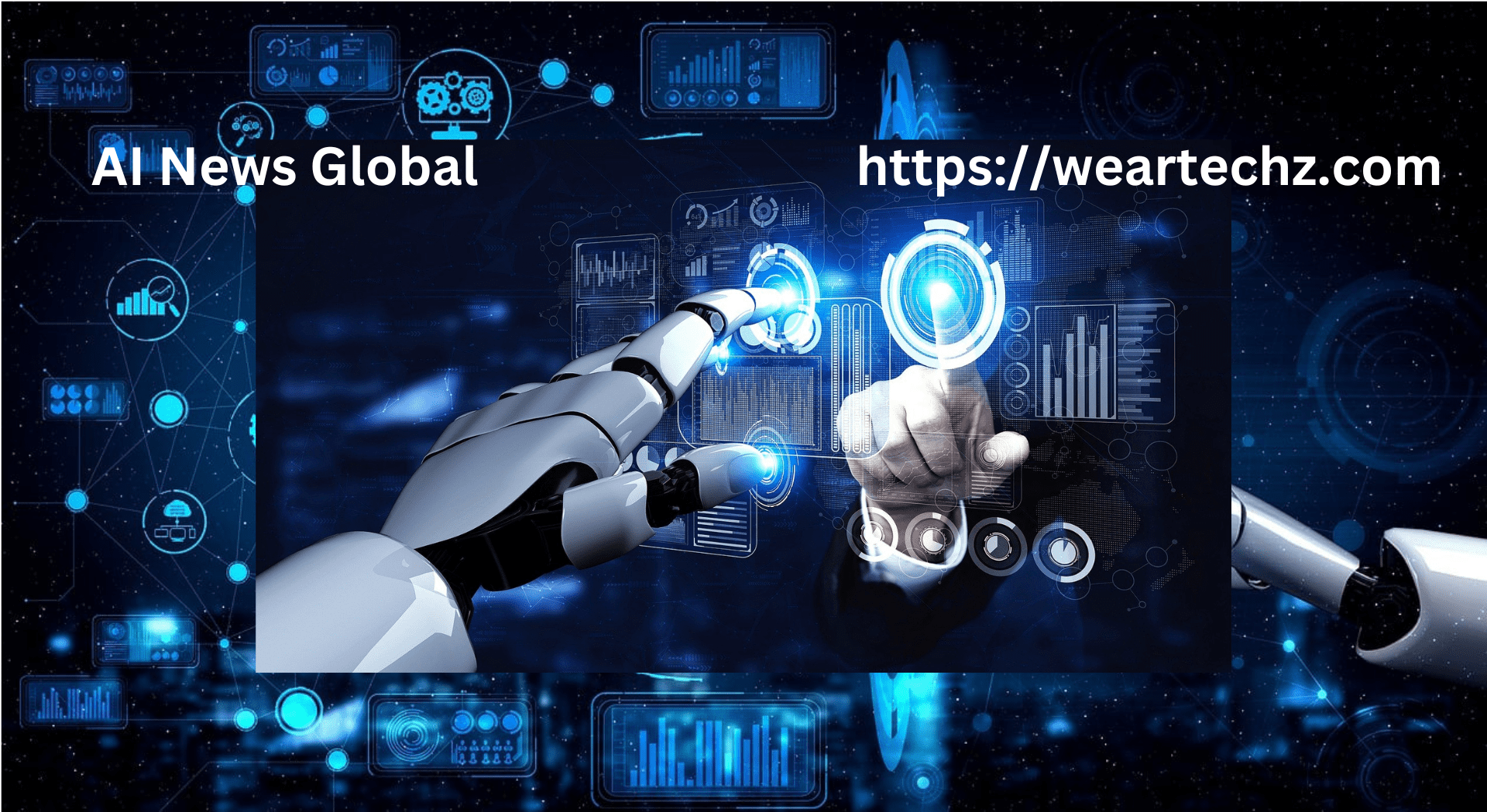The Verge article marks the 10-year anniversary of the Apple Watch, reflecting on its evolution since its debut in 2014. Initially positioned as a fashion accessory, the Apple Watch has transformed into a comprehensive health and fitness tool, now offering features such as ECG monitoring and blood oxygen sensors. The article discusses how the device redefined wearables and speculates on the future of smartwatches, highlighting Apple’s continuous innovation in the field.
For more details, you can read the full article here.
Your movement could soon power your smartwatch
The StudyFinds article discusses the development of a tiny “nanogenerator” that could potentially power small devices using human motion. This innovative technology harnesses biomechanical energy from movements such as walking or tapping, converting it into electricity. The research highlights the potential for this energy-harvesting solution to be used in wearable tech, reducing the need for batteries and offering a sustainable energy source for future devices.
For more details, you can read the full article here.
The role of wearable tech in healthcare
The Cureus article provides a comprehensive review of the role of wearable devices in chronic disease monitoring and patient care. It highlights how these devices, such as smartwatches and fitness trackers, are increasingly being used to track health metrics, improve patient outcomes, and reduce healthcare costs. The review also discusses the potential benefits, limitations, and future applications of wearable technology in managing chronic conditions like diabetes, hypertension, and cardiovascular diseases.
For more details, you can read the full article here.
How AI benefits manufacturing
The Times of India article emphasizes the need for India’s MSMEs (Micro, Small, and Medium Enterprises) to adopt smart manufacturing technologies, including IoT (Internet of Things), AI (Artificial Intelligence), and Big Data. These technologies can help improve efficiency, reduce costs, and enhance competitiveness. By embracing digital transformation, MSMEs can better meet global standards and cater to the evolving demands of the market.
For more details, you can read the full article here.

Janitor ai alternatives
Implementing responsible AI
The Australian Manufacturing article explores the journey of Australian factories in implementing responsible AI. It discusses the challenges and opportunities these factories face in adopting AI technologies while maintaining ethical standards. The article emphasizes the importance of transparency, data privacy, and proper workforce training to ensure responsible AI use in manufacturing. It also highlights the potential benefits AI can bring in terms of efficiency and sustainability.
For more details, you can read the full article here.
AI- Real world applications
The article from Predictive Analytics World outlines three essential aspects of predictive AI: understanding its foundational data science principles, the significance of real-world applications across industries, and the challenges of ethical implementation. It highlights how predictive AI helps businesses make data-driven decisions, from customer behavior forecasting to operational efficiencies, while emphasizing the importance of transparency and ethical considerations in its deployment.
For more details, you can read the full article here.
Use of AI in modern warfare
The Indian Express article explains the REAIM summit, where global leaders discuss the use of artificial intelligence in warfare. The summit focuses on the ethical implications and regulatory frameworks needed for AI-powered weapons, aiming to prevent uncontrolled or autonomous warfare. The discussions also cover the potential benefits and dangers of AI in military applications, with global consensus sought on responsible AI use in conflict scenarios.
For more details, you can read the full article here.
AI in respiratory care
The Analytics Insight article highlights top AI frameworks for building chatbots, including TensorFlow, Microsoft Bot Framework, Rasa, and Wit.ai. These frameworks offer powerful tools for natural language processing, machine learning integration, and conversational AI development. Each has its own strengths, with some focusing on flexibility, others on ease of use, or strong integration capabilities. Choosing the right framework depends on specific project needs, from small-scale chatbots to more complex conversational systems.
For more details, you can read the full article here.
How shady firms use AI chatbots for unethical purposes
The Futurism article highlights concerns about shady companies using AI chatbots for deceptive purposes. These firms manipulate chatbots to generate fake reviews, promote disinformation, and engage in other unethical practices. The article underscores the growing issue of AI misuse and calls for better regulation and transparency to prevent malicious activities that could harm consumers and trust in AI technologies.
For more details, you can read the full article here.
1 million paid users for ChatGPT
The Coingape article discusses how ChatGPT reaching 1 million paid users could impact its future valuation and pricing. With a growing user base, the platform’s monetization prospects are improving, which may lead to higher valuations and potentially more expensive subscription models in the future. The rapid adoption reflects a strong demand for AI-driven solutions, positioning ChatGPT as a leader in the AI industry. The article also touches on competition and the broader implications for the AI market.
For more details, you can read the full article here.
45 essential AI terms you should know
The CNET article provides a glossary of 45 essential AI terms related to ChatGPT and artificial intelligence in general. It breaks down complex jargon into simple explanations, covering terms like “neural networks,” “machine learning,” and “natural language processing.” The glossary is designed to help both beginners and more advanced users better understand the language and concepts behind AI and ChatGPT, offering a useful resource for those interested in the technology.
For more details, you can read the full article here.
Increased use of AI is causing tech disruptions
For more details, you can read the full article here.
Elon Musk’s new AI supercomputer-Is it over hyped?
The Business Insider article covers mixed reactions to Elon Musk’s new AI supercomputer, which is part of his ambitious AI ventures. While some acknowledge the potential power of the supercomputer for accelerating AI research, others are skeptical about its actual capabilities and practical applications. Concerns have been raised about overhyped expectations and whether it will truly revolutionize the AI landscape as Musk envisions.
For more details, you can read the full article here.

AI




